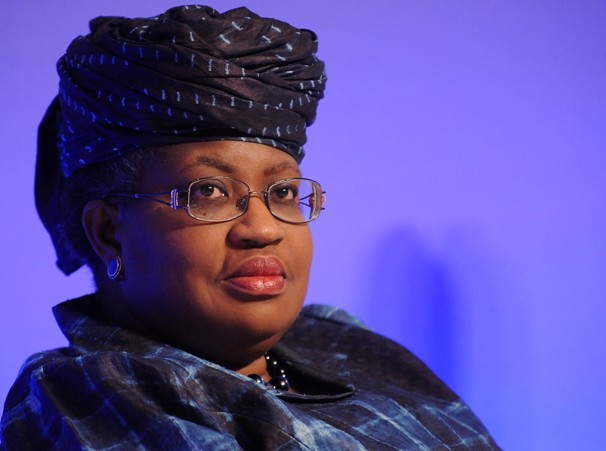American news magazine Time on Wednesday released the 2014 edition of its 100 Most Influential People in the world list, which seeks to recognize individuals who have changed the world by their words or actions, and acknowledge the global influence they wield.
This year, more Africans made the cut – a sign that the world is becoming warming up to the continent’s progress and impact of Africans in the international community
The Africans who made this year’s list are drawn from diverse backgrounds: entrepreneurship, economy, activism and philanthropy among others. From billionaire industrialist Aliko Dangote to Finance Minister Ngozi Okonjo-Iweala in Nigeria to ex-Google policy director Ory Okolloh and Binyavanga Wainaina in Kenya, a total of 10 Africans made Time Magazine’s list of 100 Most Influential People in The World.
The 2014 list is divided into five categories – Titans and other categories like pioneers, artists, leaders and icons. – and also features tributes written by high-profile guest contributors.
Nigerian billionaire Aliko Dangote was described by Bill Gates as ‘Africa’s richest man who does good in addition to doing well’.
“Aliko is Africa’s richest man, and his business activities drive economic growth across the continent. That’s impressive, but I know him best as a leader constantly in search of ways to bridge the gap between private business and public health,” Bill Gates wrote in the magazine. According to hm, Nigeria is on course for its lowest number of polio cases ever in 2014 and “Aliko is a big reason why.”
Nigeria’s Finance Minister, Ngozi Okonjo-Iweala also deservedly sits among 99 other influential people in the world, with a tribute by Bono, lead singer of rock group U2, who described Nigeria’s Controlling Minister of the Economy as the guardian of country’s public funds. Iweala had seen Nigeria’s debt written off and the country confirmed as the largest economy in Africa following years of hardwork as minister.
According to Bono, who first met the Minister when she was campaigning for Nigerian debt relief, Okonjo-Iweala “has made corruption her enemy and stability [of Nigeria’s economy] her goal.”
Kenya’s Ory Okolloh, an ex-policy director for Google, caught the eye of the online search giants after helping to create Ushahidi, an online service for crowd-mapping data in her home country. She soon became philanthropist, Pierre Omidyar’s director of investments for his government-transparency initiative in Africa. She supports African entrepreneurs and citizens in building their own societies and also gives aids.
Another Kenyan on Time’s 100 Most Influential List is Binyavanga Wainaina. The best-known Kenyan writer of his generation would not let shame and fear of the unknown hold him back in a region where homosexuality is a taboo. He publicly declared his sexuality, thus demystifying homosexuality in Kenya.
Also from the East African region is a Ugandan Reverend Sister, Rosemary Nyirumbe, whose mission provides a home and shelter, within an orphanage, for women and girls whose lives have been shattered by violence, rape and sexual exploitation in a country still recovering from years of civil war. And from Central African Republic (CAR), which is still a war zone as it battles with sectarian crisis, Imam Omar Kobine Layama, Archbishop Dieudonné Nzapalainga and The Rev. Nicolas Guérékoyame-Gbangou, all faith leaders working assiduously to ensure peace returns to CAR, made the list.
According to Jim Wallis, President and founder of Sojourners, “Imam Layama and his family have lived with the Archbishop since December when it became too dangerous in Bangui to stay in the imam’s house.”
Time also recognised South African public defender, Thuli Madonsela, for her work on constitutional reform, land reform and the struggle for the protection of human rights and equality. “To speak about corruption in high places is often subversive and always embarrassing,” writes former Central Bank of Nigeria governor, Sanusi Lamido Sanusi, of Madonsela’s work.
He also noted that fighting corruption could be met by fierce intimidation or even destruction by those indicted as they have access to the machinery of the state. However, Madonsela’s patriotism and courage drives her on against all odds, Sanusi adds.
Egyptian General, Abdul Fattah al-Sisi, the former Defence Minister who led former president Mohammed Morsi’s ouster, also makes this year’s list.
The magazine will hit the shelves on Friday.








